Description
New 2020/21 crop! A wonderful feel good and tasty coffee.
Jeanine Niyonzima-Aroian, the founder of JNP Coffees, is without a doubt one of the most influential individuals in Burundi coffee today. Raised in Bujumbura, Jeanine would go on to earn an MBA from Northwestern University’s prestigious Kellogg School, cycle through corporate America, and eventually reconnect with her birth country by founding Burundi Friends International, a not-for-profit that funds educational and economic empowerment programs for rural Burundians, which is now in its 13th year.
After a few years marketing Burundi coffees stateside for friends and family, Jeanine realized she had every reason to lead the business, and JNP Coffee was born. JNP Coffee is highly focused on women’s empowerment, and along with a few local women’s rights advocates, formulated the Burundi chapter of the International Women’s Coffee Alliance. The network of IWCA farmer members in Burundi is now more than 2,000, whose coffee is differentiated by membership, marketed for its traceability and impact, and which generates end-of-year premiums for all involved. In fact, the IWCA value chain has been so impactful that JNP has created additional programs to expand their farmer base and generate premiums beyond the IWCA registered growers.
This is one of those additional programs. A local leader of a producer group in Kayanza Province, perhaps Burundi’s best known coffee terroir, decided to seek JNP’s partnership. He had heard of JNP’s assistance programs and post-harvest premiums and wanted to know how to involve his group. For groups like this JNP has established the “Dushime” program (dushime in Kirundi translates to “let’s be thankful”), which provides quality consulting, lot selection, marketing to JNP’s buyer community, and end-of-year premiums.
Tasting Notes: A lovely coffee, mellow for an African but still a little more potent and spice toned when compared to most Central American coffees. Lighter roasts show some small hints of a lemony acidity, a little soft fruit tone accompanied with some herbal spice and chocolate tones, a bit exotic but balanced, light roast African fans will find some joy here but for most, pushing the beans into a medium roast will be preferred. Mellowed the spice tones of the cup creating a much smoother lower acidity cup profile with a little sweeter edge. One can still get the spice complexities especially in the aftertaste or as the cup cools but smooth, rich and not too exotic, a lovely roast point for a daily drinker. Darker roasts picked up stronger smoky and roasty tones but it complimented the darker spice tones and sweeter edge of the cup.
Roasting Notes: An easy coffee to roast, beautiful processing with medium to low chaff. we would recommend taking it a bit past first crack at a minimum. Right at first crack can pull some grassy herbal notes but it will not take too much more development to turn those tones into wonderful rich and chocolaty tastes instead. Can still be a little sharper edged 24 hours after roasting but by day 3 was very smooth and defined.
This coffee, created from two distinct processing lots, has been titled Incuti, which translates to “relative”, and is often used to mean ‘’friend” in Kirundi. A fitting title for a new coffee relationship between Burundians. In Kayanza and Ngozi, the two provinces at the heart of the nation’s coffee production, competition for cherry can be fierce, so washing stations may pay well above the country’s minimum price to court premium harvests. JNP coffee goes a step further, returning second payments to farmers and investing in opportunities for education and community building.
Fully washed processing by the Incuti group is as detailed as anywhere in Burundi where the best coffees are produced. Cherry is floated for density and visible defects prior to depulping and fermentation. After fermentation is complete the wet parchment is sorted by density in concrete washing channels. Drying takes place at first under shade, and then in open air with the parchment piled into pyramids, which are flattened and re-shaped each day as a form of incremental air exposure to slowly and evenly dry the coffee and lock in the final moisture. The resulting profile is juicy and lime-like, a great expression of high-elevation Kayanza.

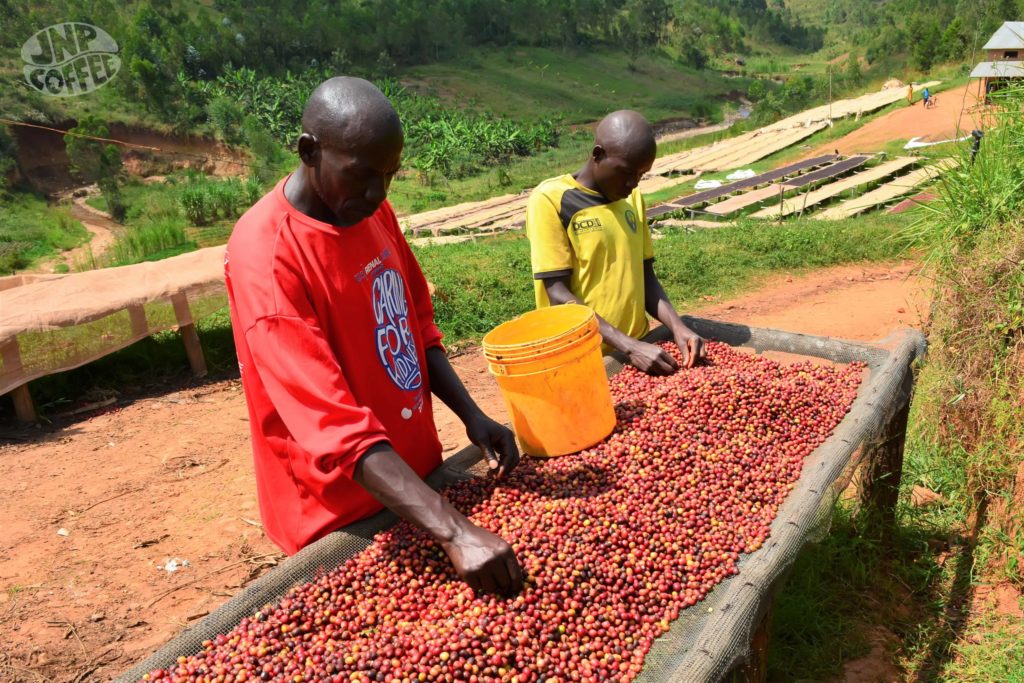
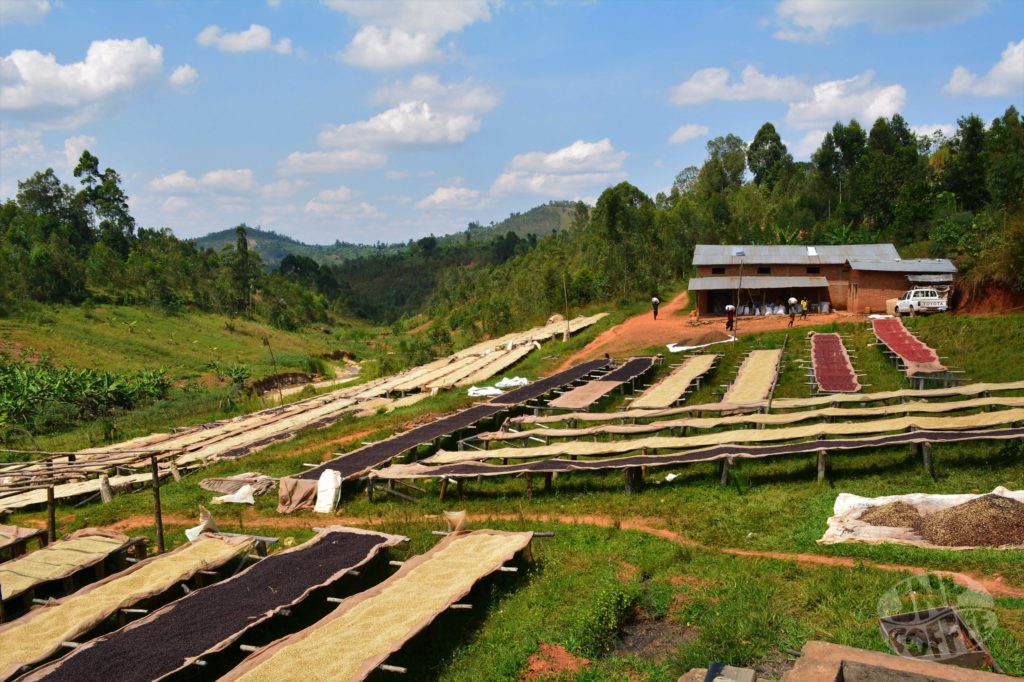
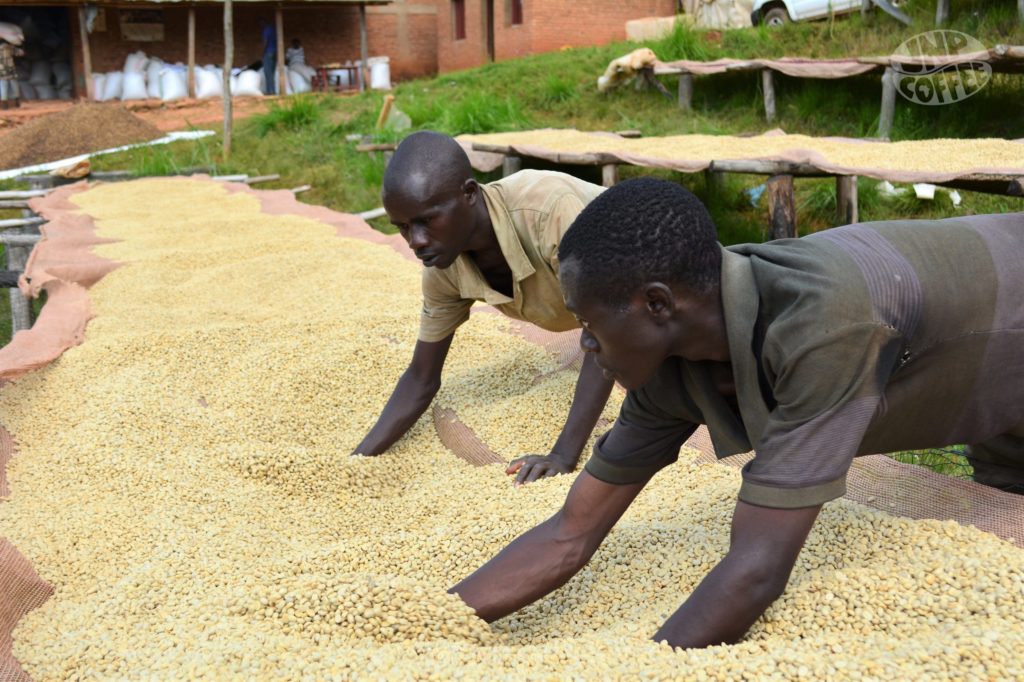
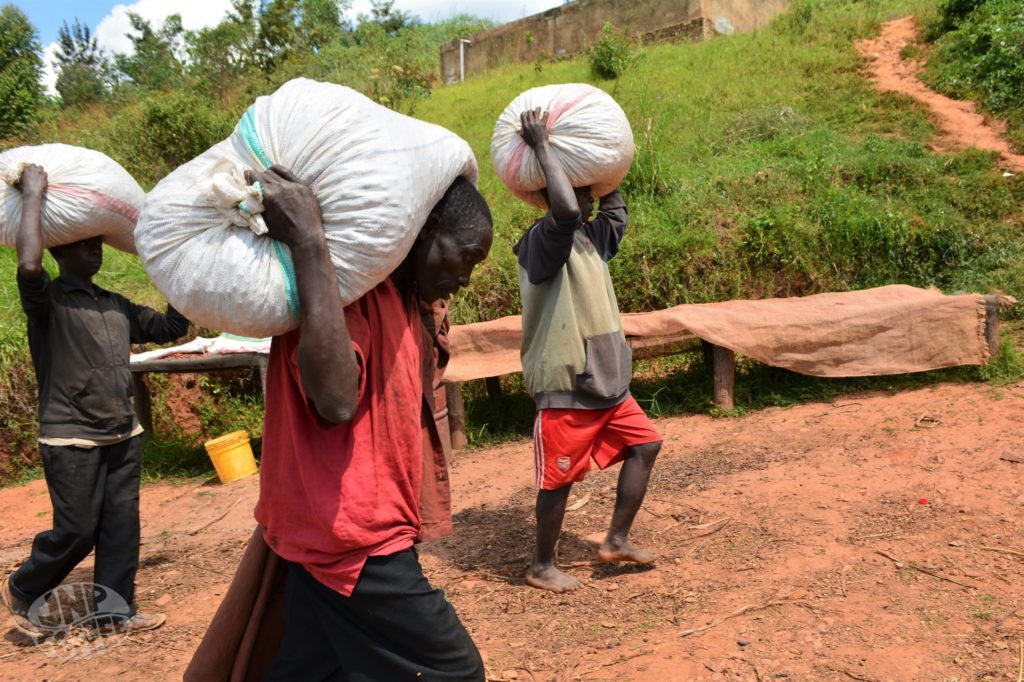
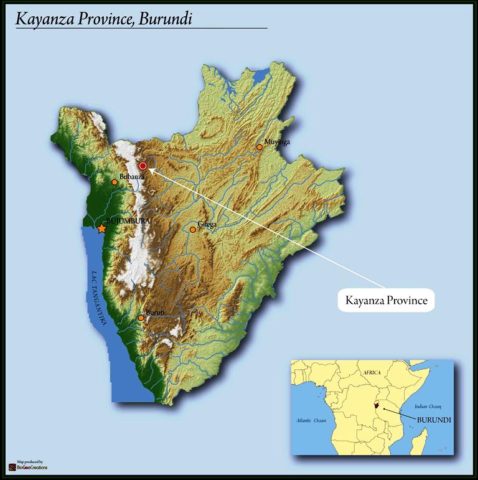

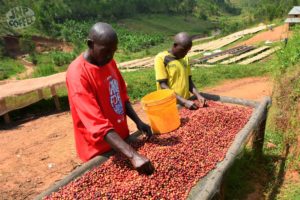
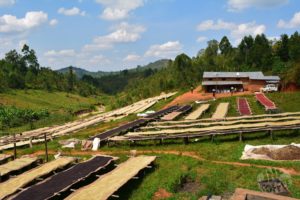
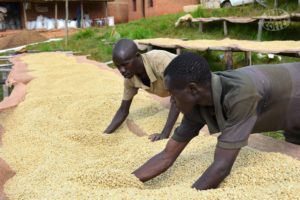
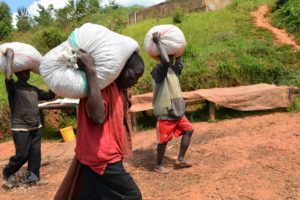
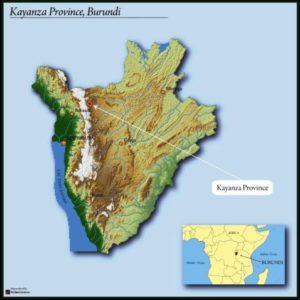
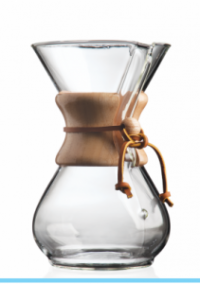




Jeff Fowler (verified owner) –
I roasted to the beginnings of the 2nd crack in my Behmor, let it rest for 2 days and my first pot, I can defintely taste the citrus and spice in it. I am really loving this!